Last month, a heated debate over the classic question—"Which came first, the chicken or the egg?"—led to a stabbing in Indonesia. Though extreme, the ancient dilemma has puzzled evolutionary biologists for centuries. Chickens hatch from eggs, and eggs come from chickens, creating a circular problem. The simplest answer is that eggs, as reproductive cells, have existed for billions of years—long before the first chickens, which were domesticated around 10,000 years ago. This suggests the egg came first. “The egg came well before the chicken," explained Koen Stein, a paleontologist at the Royal Belgian Institute of Natural Sciences, to Live Science.
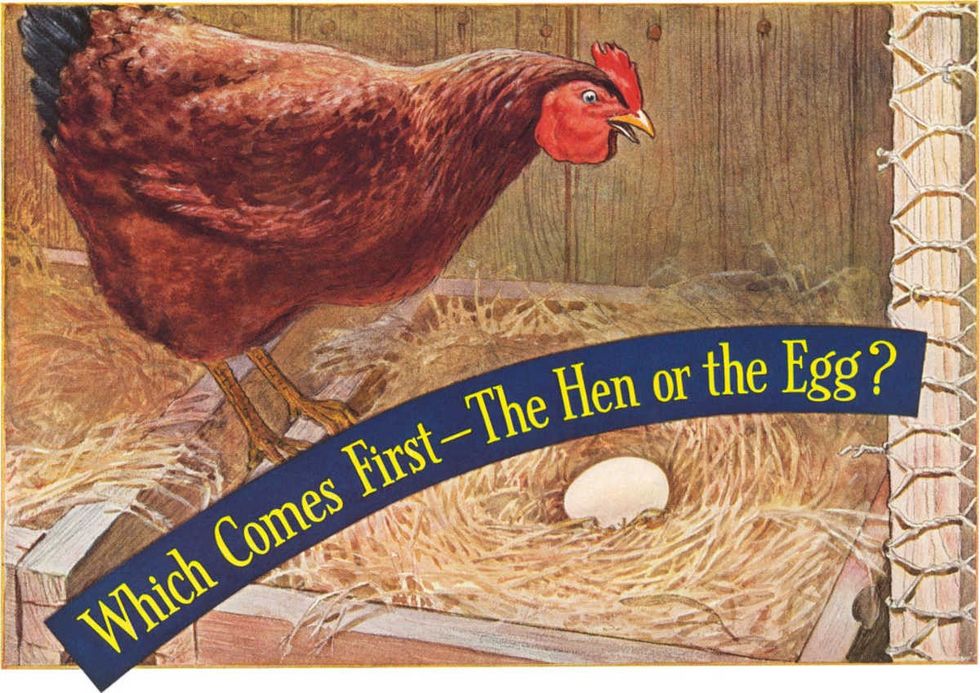
Zoologist Luis Villazon echoed the same conclusion in an interview with BBC Science Focus: “Eggs are much older than chickens.” According to his hypothesis, eggs were laid long before chickens evolved into existence. Those were not chicken eggs, but they were surely eggs. Villazon elaborated by saying that dinosaurs in the Jurassic era laid eggs, plus the fish that first crawled out of the seas laid eggs. Additionally, 500 million years ago in the Cambrian Period, the creepy monsters that swam in the warm shallow waters also laid eggs. Mitch Jackson explained the same saying that chickens evolved from reptiles. “The genetic mutations that led to the development of the first chicken would have occurred in the DNA of the egg. Therefore, the egg containing the first chicken, laid by a bird that was not yet genetically a chicken, came before the chicken itself,” he wrote in a tweet.
Villazon added that chickens first evolved from a species called the red jungle fowl. “Chickens are the same species as the red jungle fowl of Southeast Asia, although they were probably hybridized with the grey jungle fowl when domesticated 10,000 years ago. At some point in evolutionary history when there were no chickens, two birds that were almost-but-not-quite chickens mated and laid an egg that hatched into the first chicken,” he explained.
In 2023, researchers from Nanjing University and the University of Bristol made an intriguing discovery: early ancestors of birds and reptiles gave birth to live young, rather than laying eggs. Per The Mirror, they studied 51 fossil species and 29 living species to carry out this research. They extended the concept to “Extended Embryo Retention (EER),” in which mothers retain their young for different periods, not just nine months.
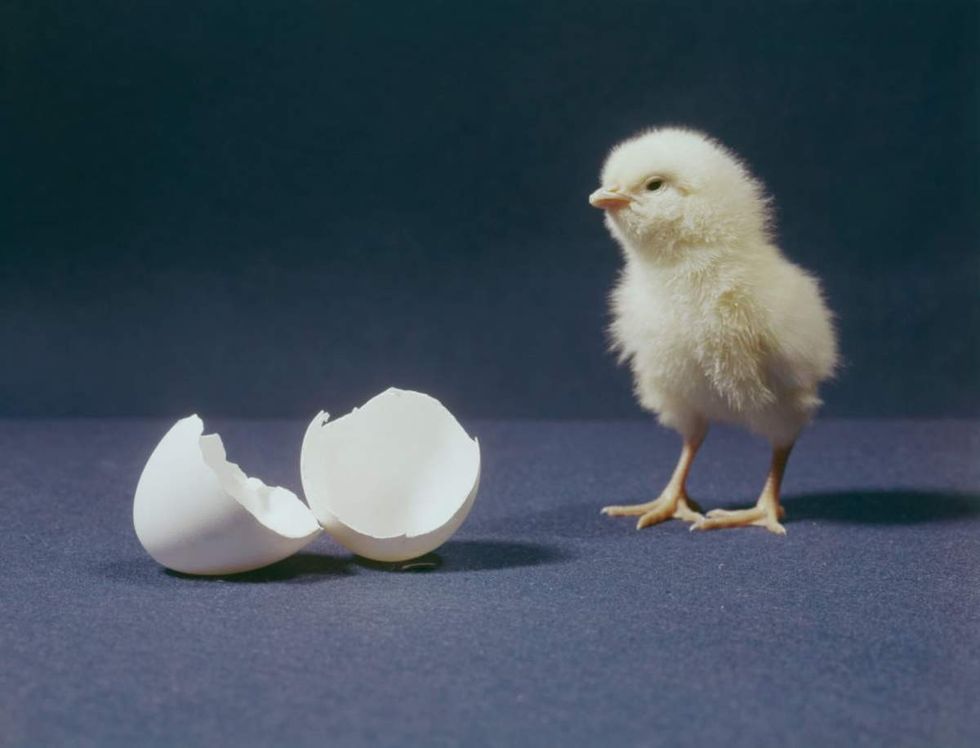
While the hard-shelled egg has often been seen as one of the greatest innovations in evolution, this research suggests that extended embryo retention provided this group of animals with the ultimate protection. Professor Michael Benton, from the University of Bristol, told The Mirror, “Before the amniotes, the first tetrapods to evolve limbs from fishy fins were broadly amphibious in habits. They had to live in or near water to feed and breed, as in modern amphibians such as frogs and salamanders.”
“When the amniotes came on the scene 320 million years ago, they were able to break away from the water by evolving waterproof skin and other ways to control water loss. But the amniotic egg was the key,” he described, “It was said to be a 'private pond' in which the developing reptile was protected from drying out in the warm climates and enabled the Amniota to move away from the waterside and dominate terrestrial ecosystems.” Looking at this way, the answer to the longstanding riddle is that the egg came first.





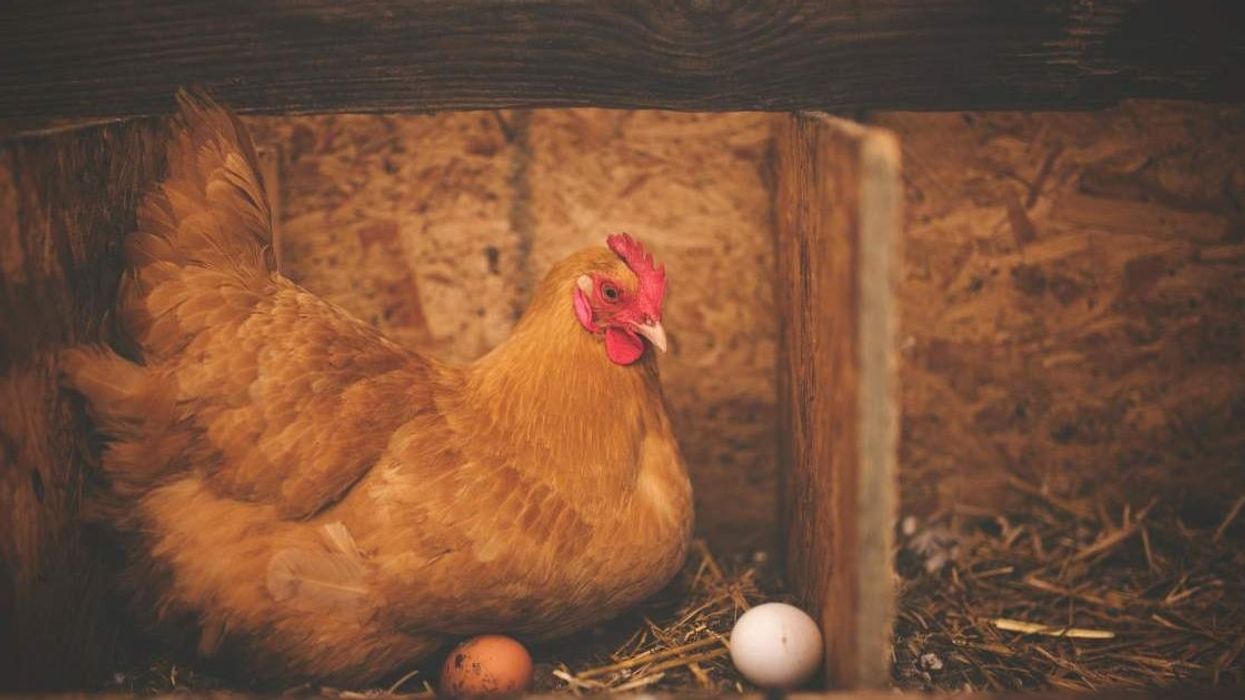












 Image frmo Scientific Reports of ancient artwork. Image Source:
Image frmo Scientific Reports of ancient artwork. Image Source:  Image frmo Scientific Reports of ancient artwork.Image Source:
Image frmo Scientific Reports of ancient artwork.Image Source:  Image frmo Scientific Reports of ancient artwork.Image Source:
Image frmo Scientific Reports of ancient artwork.Image Source: 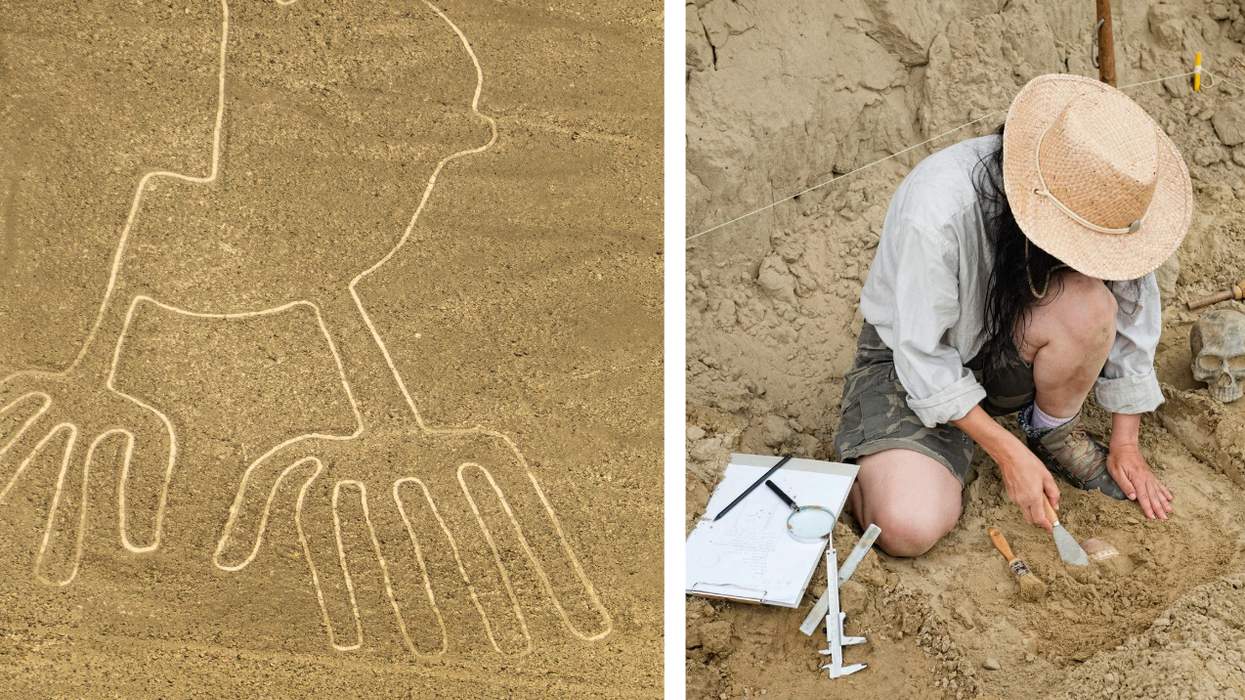

 It's difficult to imagine seeing a color and not having the word for it. Canva
It's difficult to imagine seeing a color and not having the word for it. Canva
 Sergei Krikalev in space.
Sergei Krikalev in space. 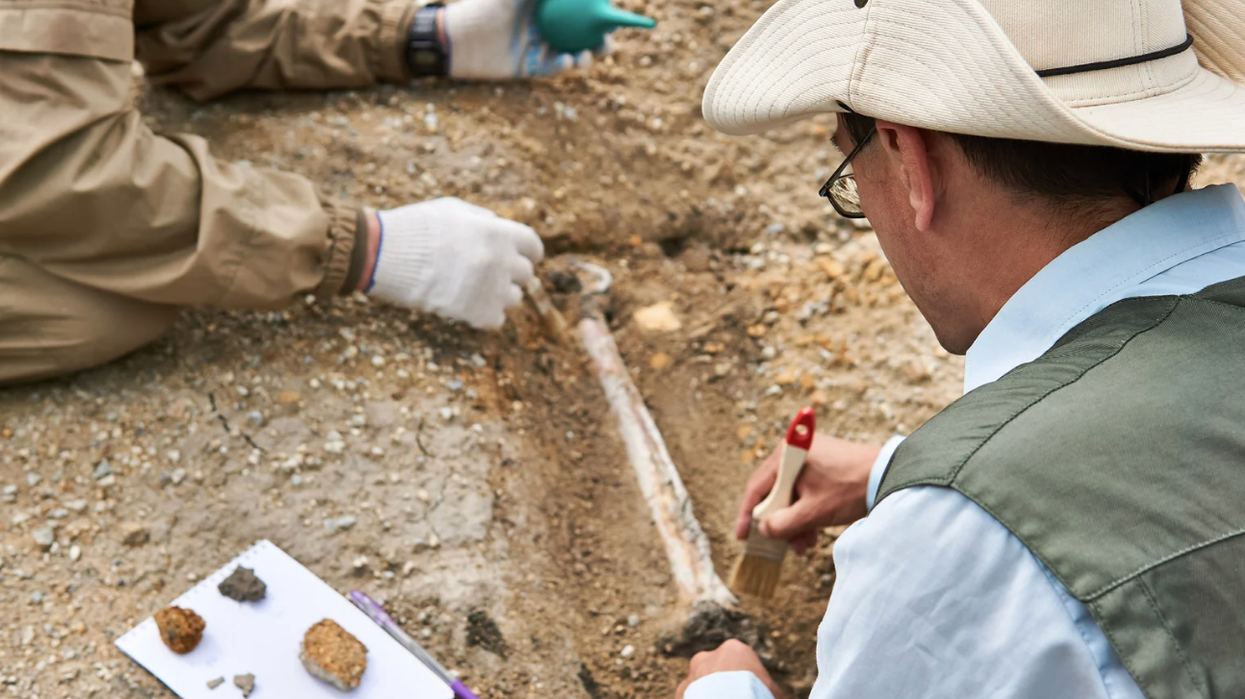


 The team also crafted their canoe using ancient methods and Stone Age-style tools. National Museum of Nature and Science, Tokyo
The team also crafted their canoe using ancient methods and Stone Age-style tools. National Museum of Nature and Science, Tokyo The cedar dugout canoe crafted by the scientist team. National Museum of Nature and Science, Tokyo
The cedar dugout canoe crafted by the scientist team. National Museum of Nature and Science, Tokyo